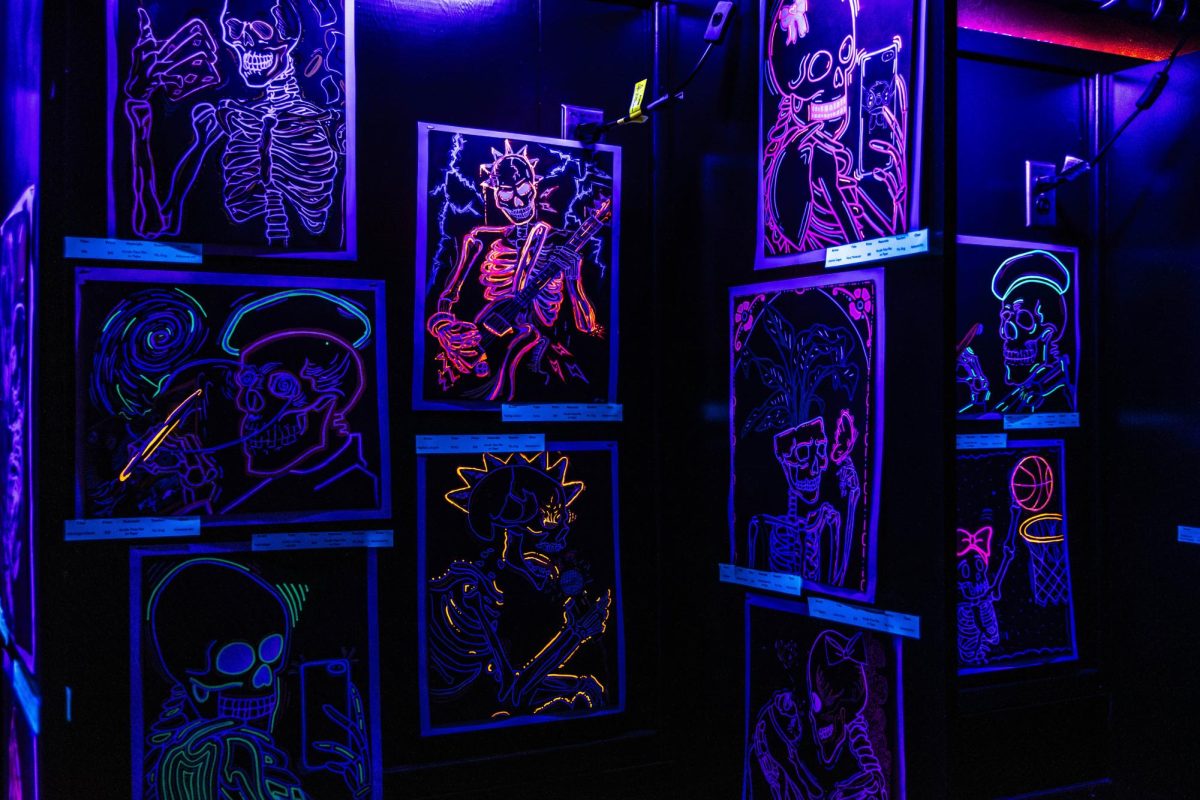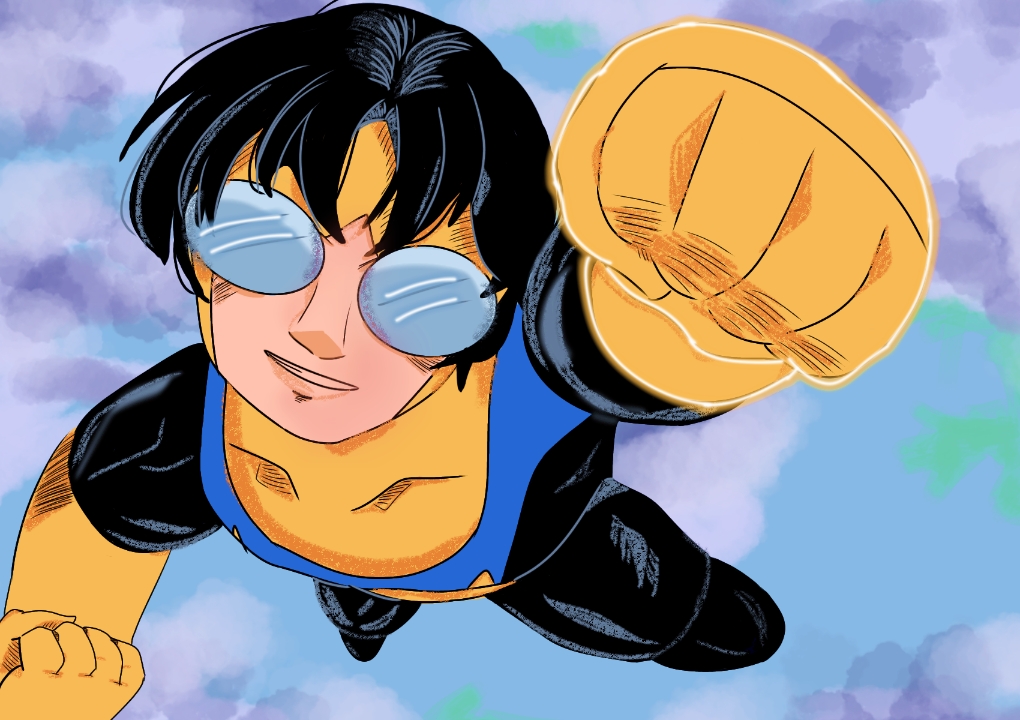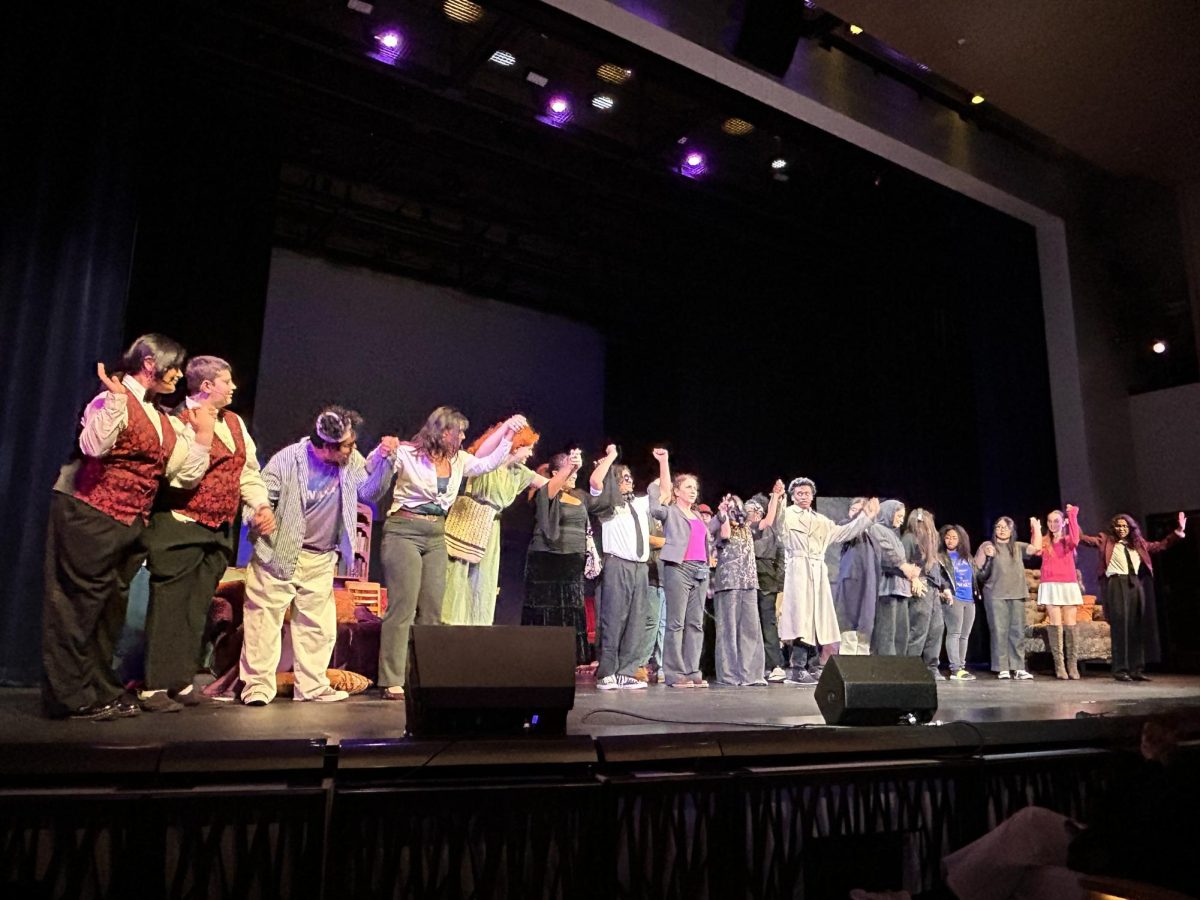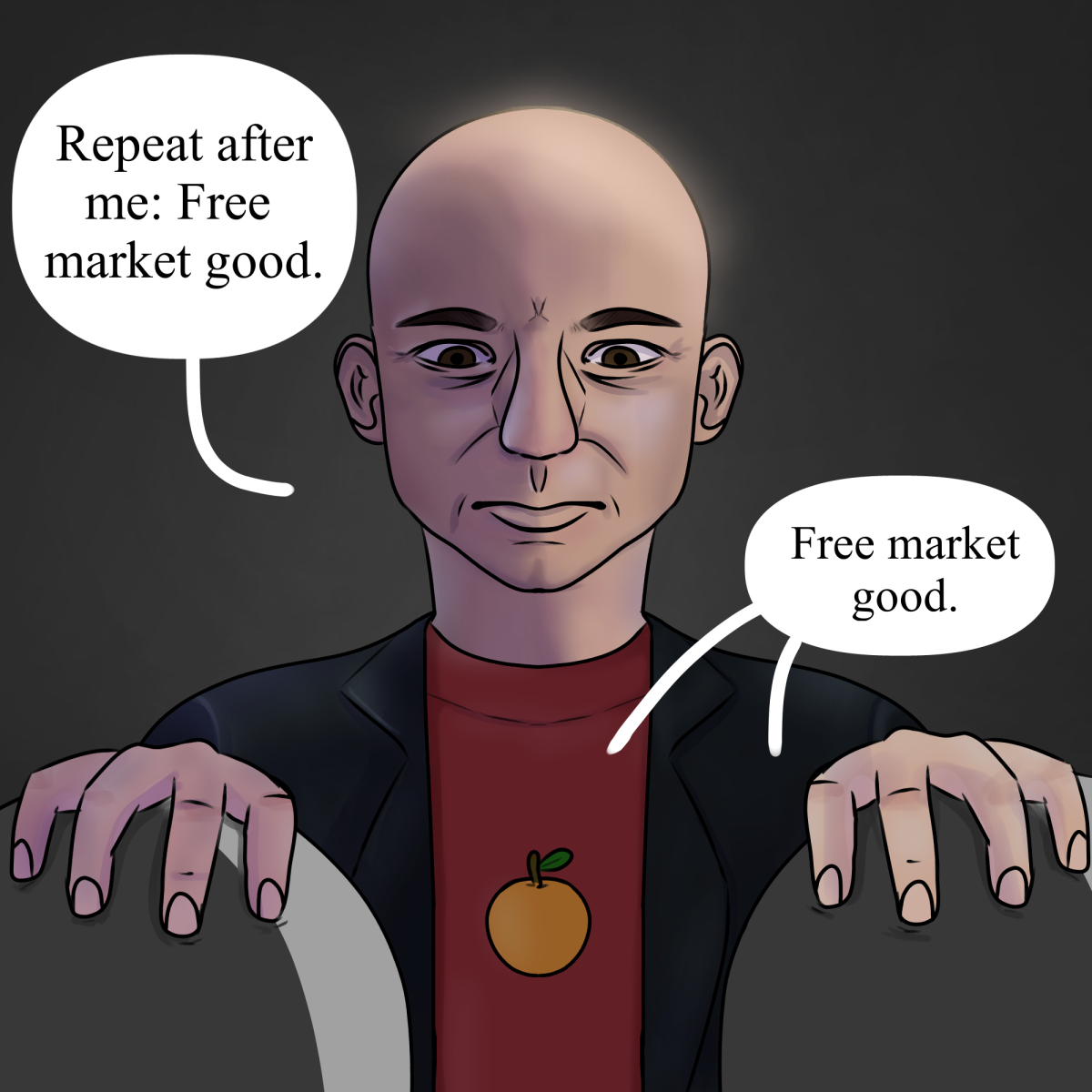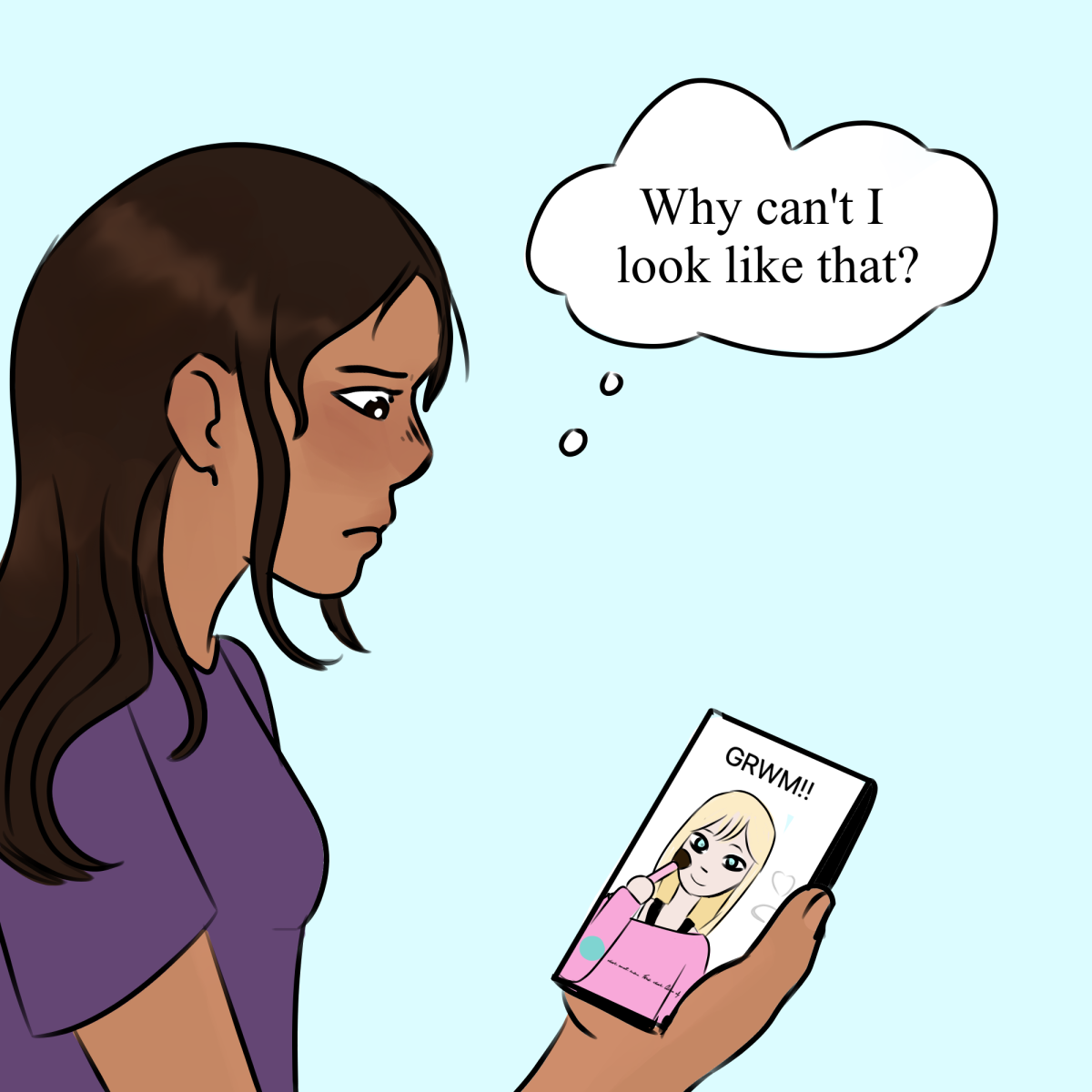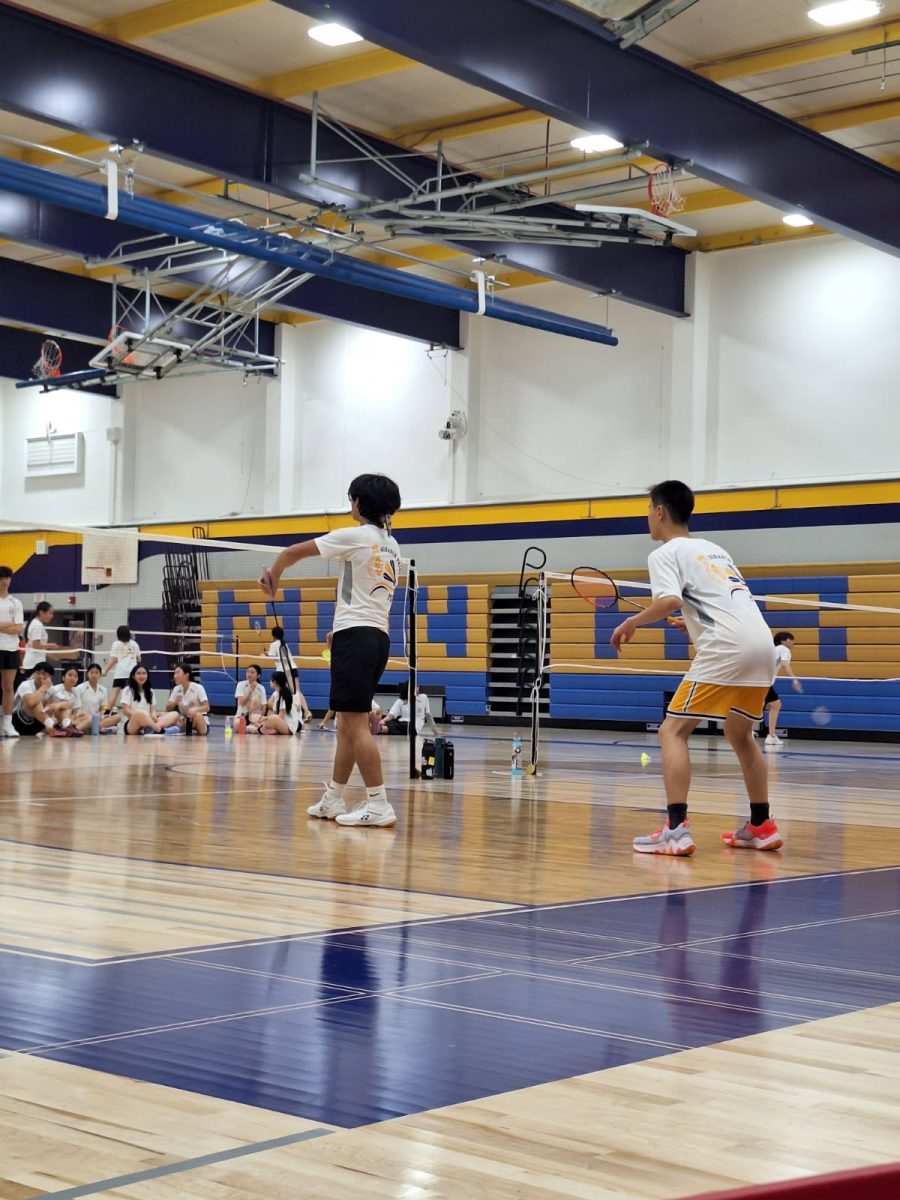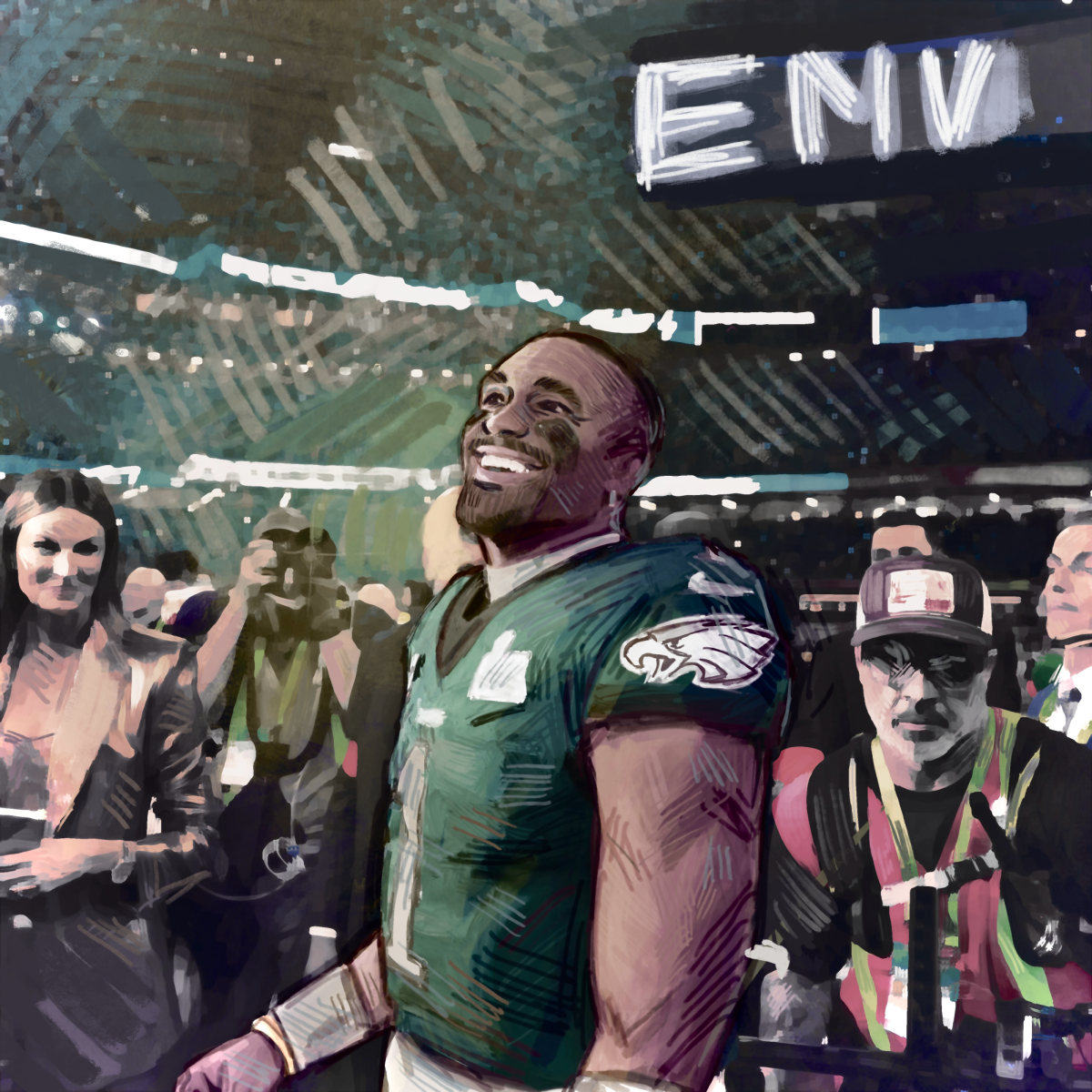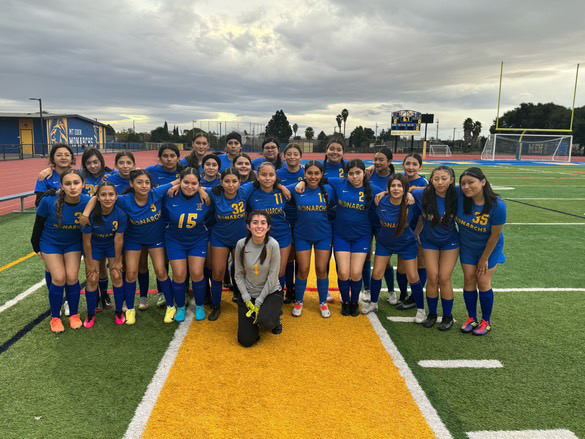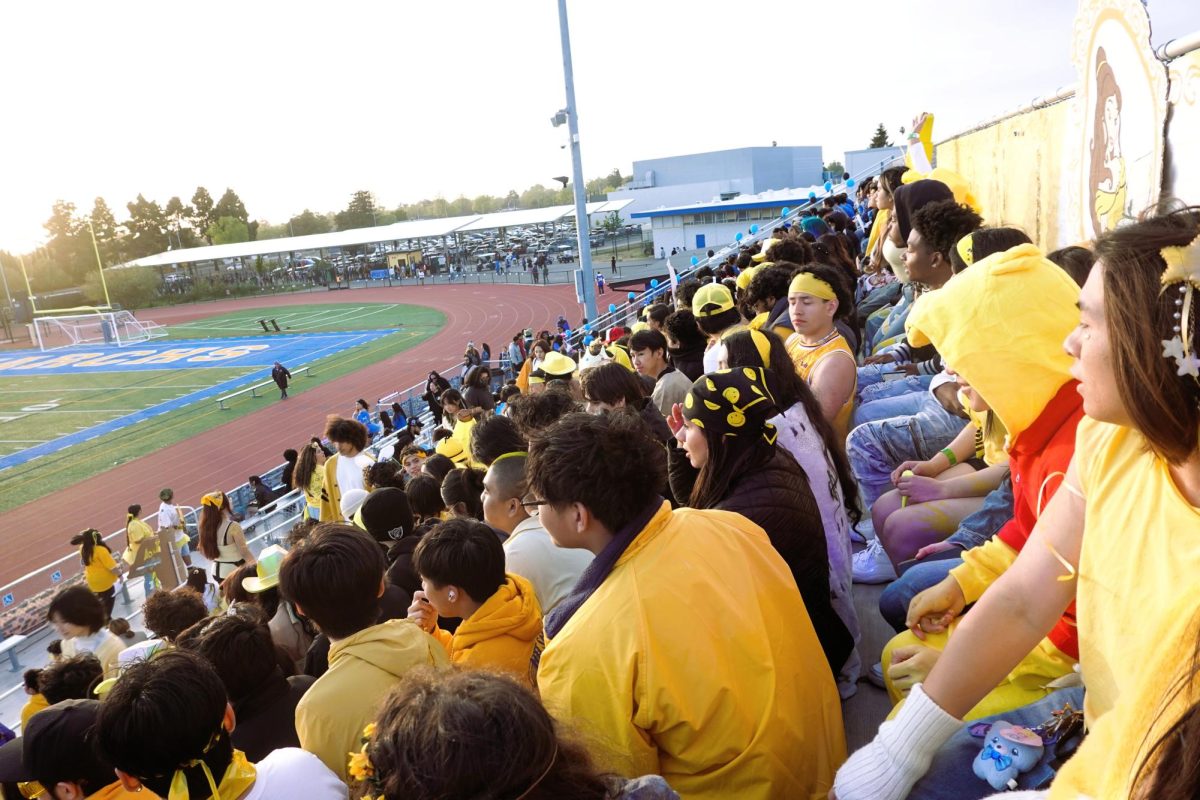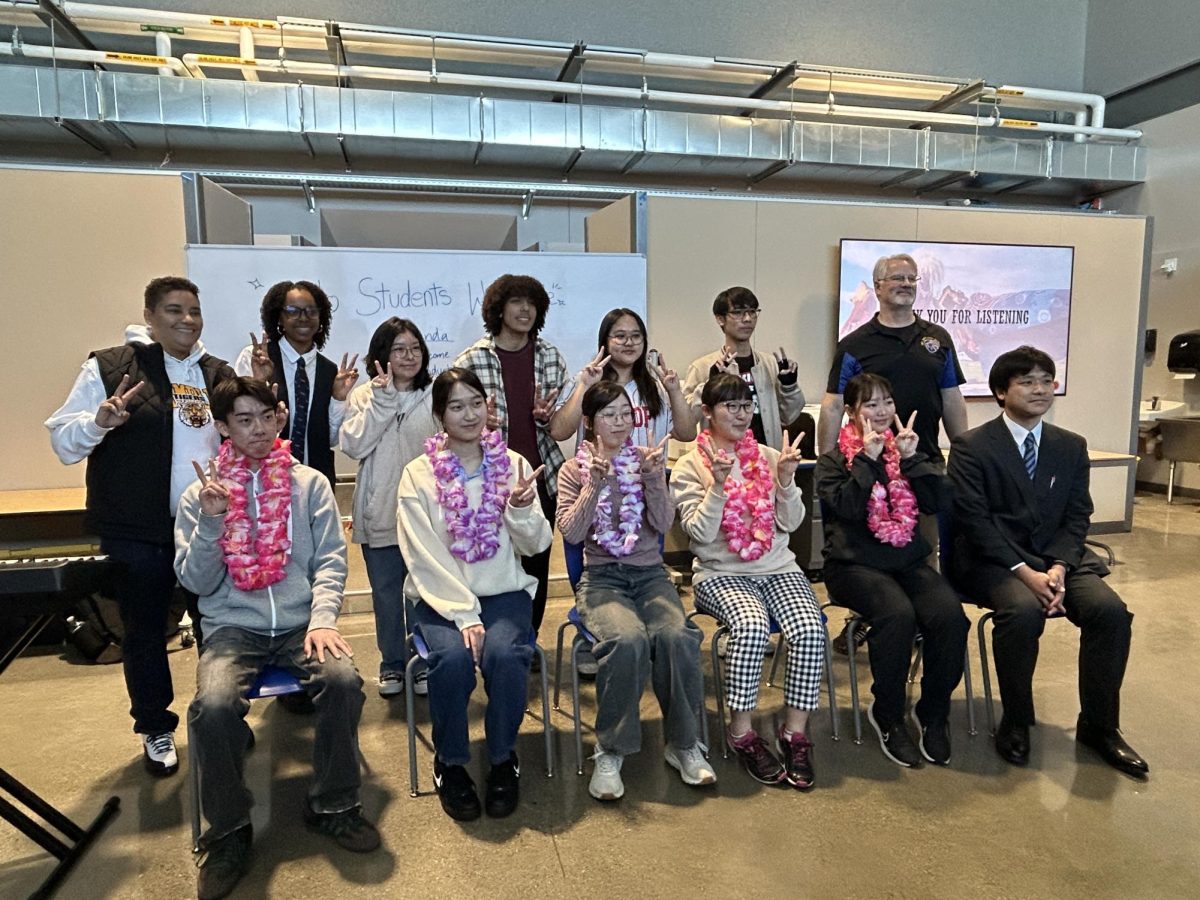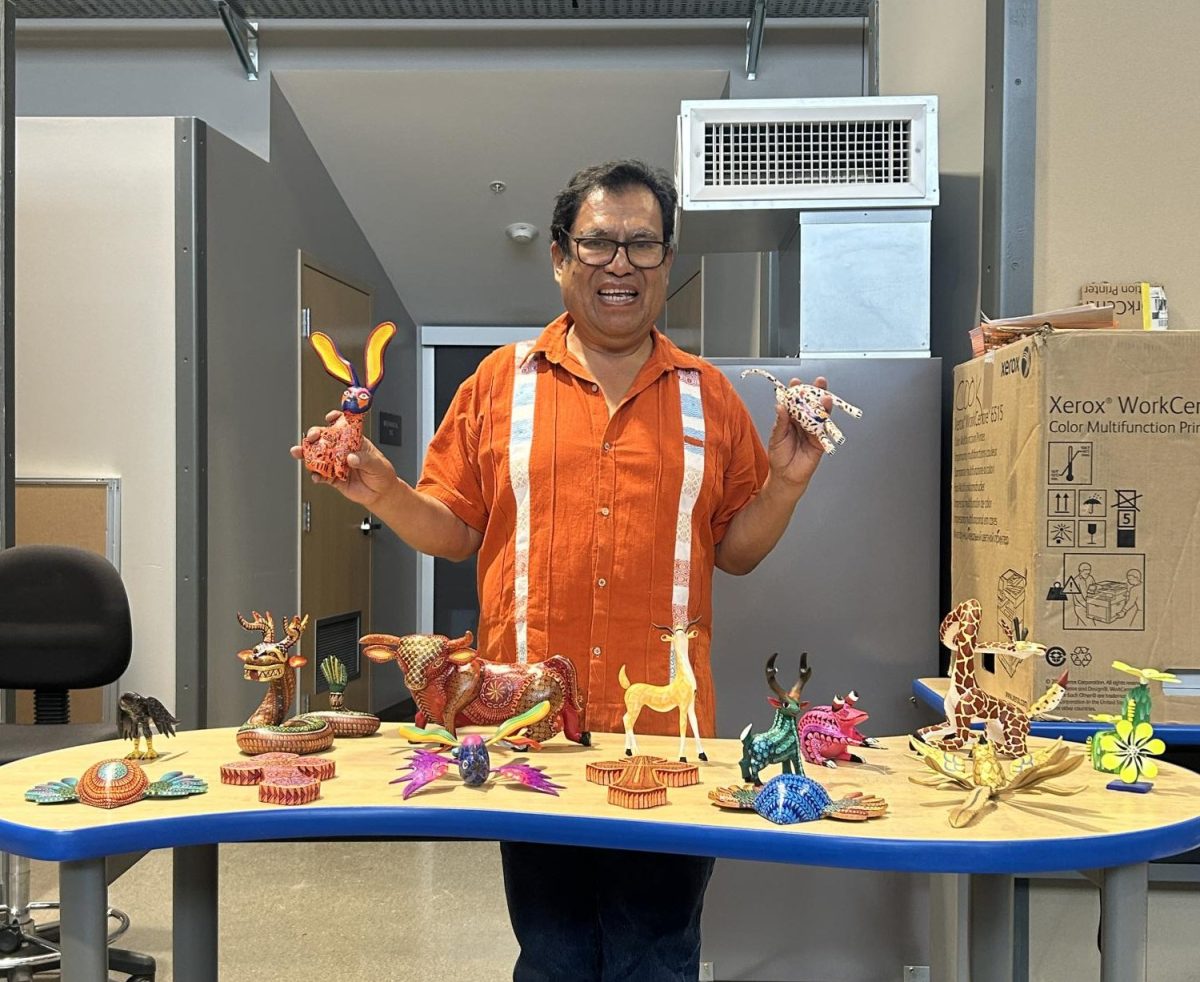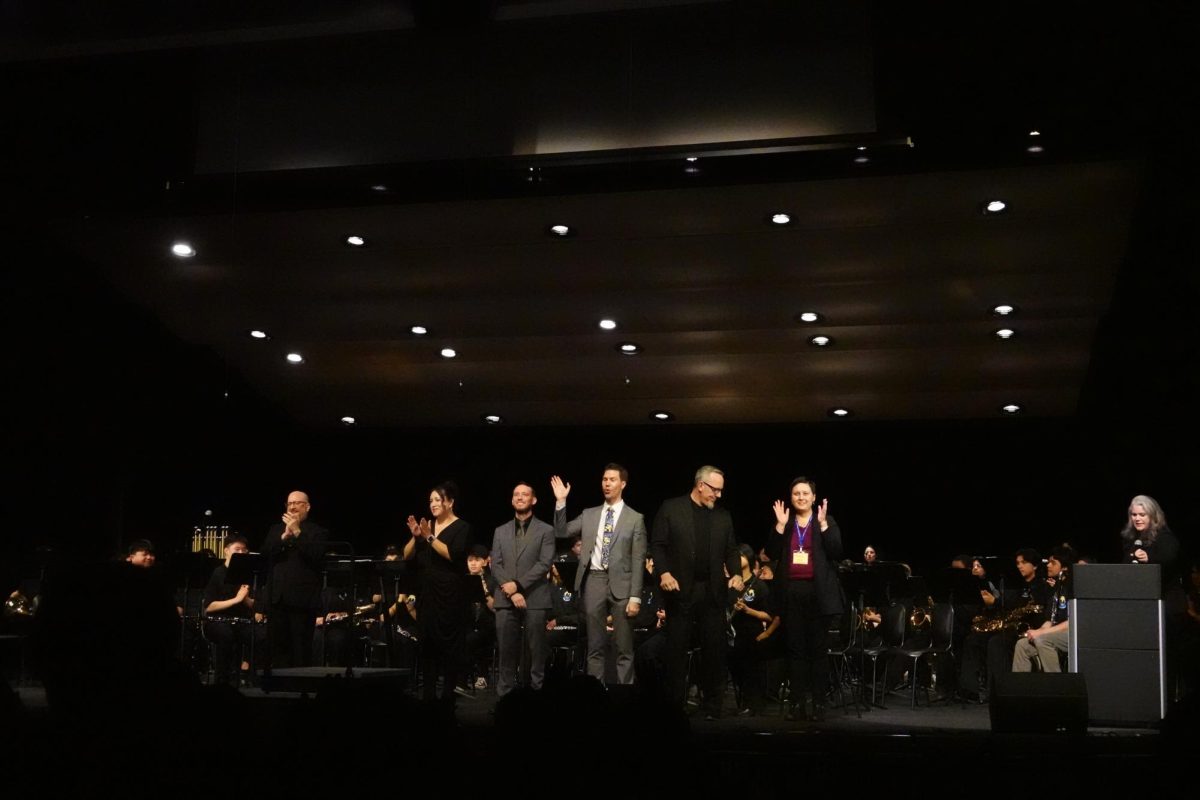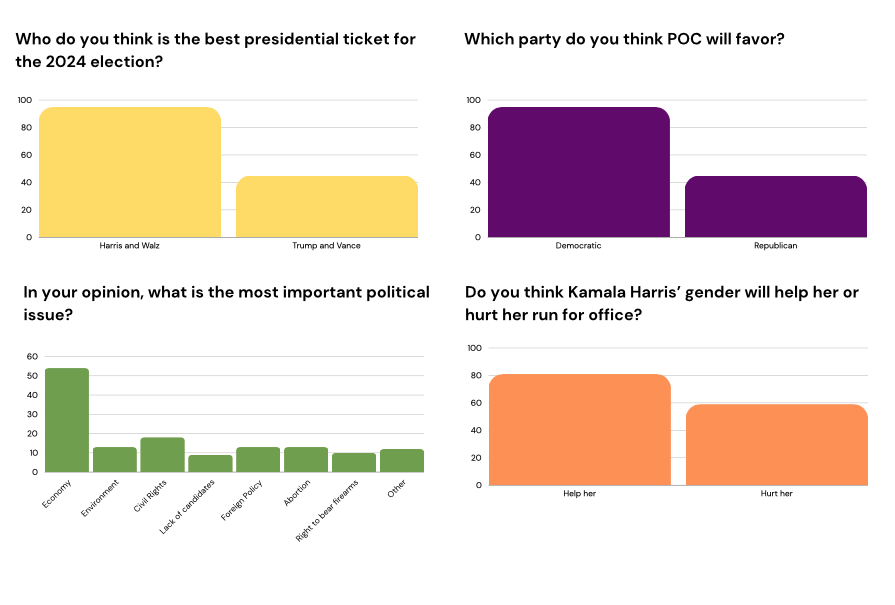In recent years, live-action remakes of beloved animated classics have taken Hollywood by storm. From “The Lion King” (2019) to “The Little Mermaid,” (2023) these films have drawn audiences in large numbers, fueling box office success and heated debates alike. Are they an attempt to reintroduce beloved stories to a new generation, or are they merely cash grabs by studios capitalizing on nostalgia?
One of the most contentious examples is Disney’s upcoming live-action film “Snow White.” Even before its release, the film has faced significant backlash. Controversies surrounding casting choices, reimagined storylines, and the replacement of the iconic dwarves with “magical creatures” have sparked intense discourse online. Critics argue that these changes deviate too far from the original, while supporters applaud efforts to modernize outdated themes. This divide raises a larger question: can these remakes truly honor the originals while attempting to be progressive?
The controversy isn’t limited to Disney. DreamWorks’ upcoming live-action adaptation of “How to Train Your Dragon” also drew mixed reactions. Fans of the original films and books are excited and nervous about changes to Hiccup and Toothless’ adventures. The risk of losing the magic that made the original so beloved looms large.
Despite these concerns, the trend shows no signs of slowing down. Although Disney recently confirmed that a live-action “Tangled” is in the works with the director of “The Greatest Showman” Michael Gracey, fans are already abuzz with speculation about the casting. Who will embody Rapunzel? Will anyone be able to pull off Flynn Rider’s signature smolder in the live-action? These questions point to one of the undeniable appeals of live-action remakes: the anticipation and excitement of seeing animated characters brought to life by real actors.
Still, it’s hard to ignore the negative reactions. Many people feel they’re less about creativity and more about studios playing it safe to make easy money. It’s a frustrating pattern for viewers who want fresh, original stories but instead see endless sequels and remakes.
Remakes also spark debates about representation and authenticity. Casting decisions often lead to discussions about diversity, cultural accuracy, and the pressures of meeting modern social expectations. While these conversations are important, they also reveal the immense demand these films face, making it nearly impossible for them to satisfy everyone.
Ultimately, the success depends on their ability to balance reverence for the original with innovative storytelling. Some, like “Cinderella” (2015) and “Aladdin” (2019), have managed to strike that balance, offering fresh takes that reach audiences. Others, however, fall short, relying too heavily on visual effects or nostalgia without delivering anything new.
As Tangled and other adaptations continue to make headlines, it’s clear that this trend is here to stay. Whether you view them as celebrations of timeless tales or shameless money grabs, live-action remakes spark conversation—and that, at least, keeps the magic of storytelling alive.




